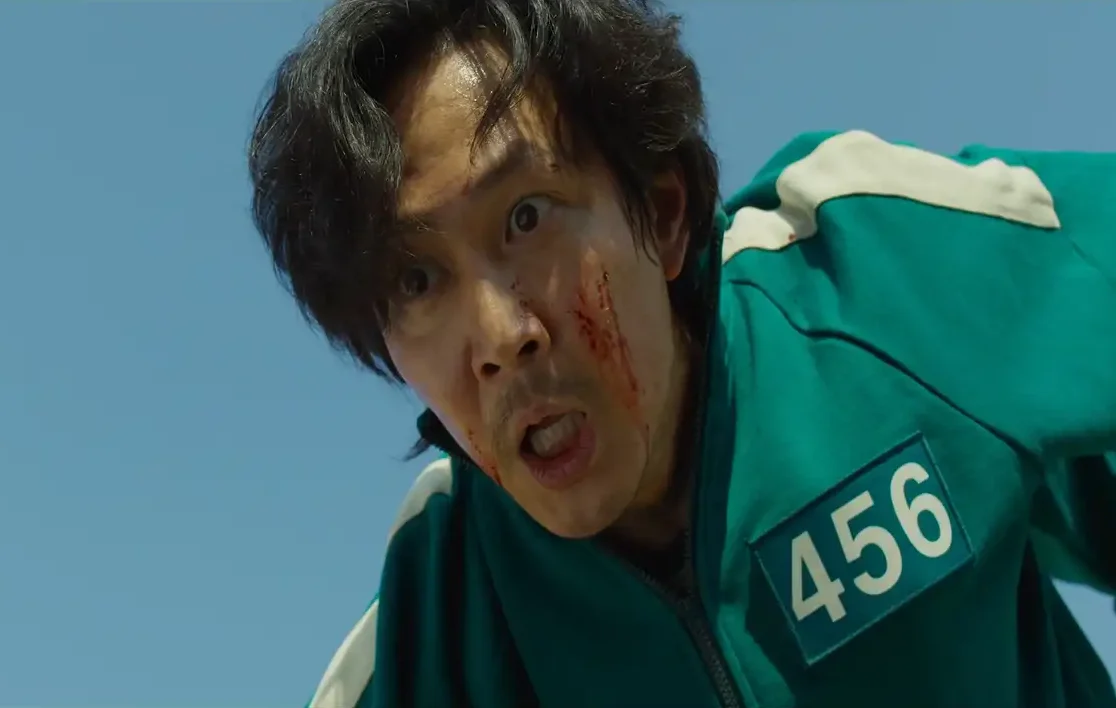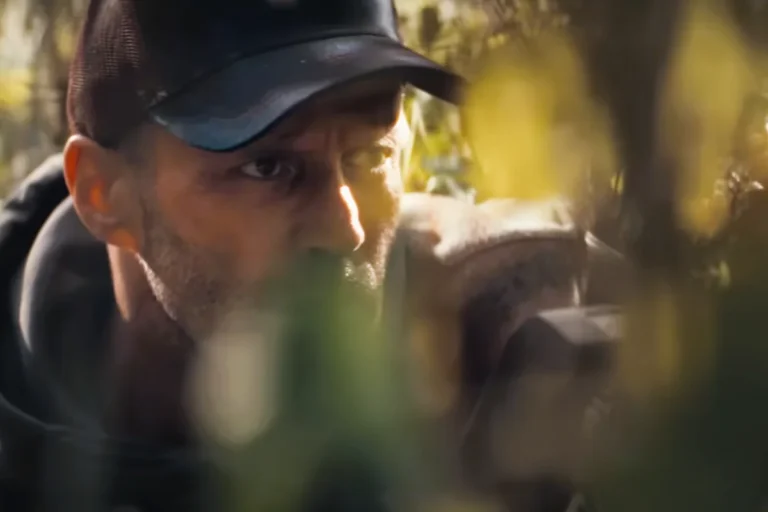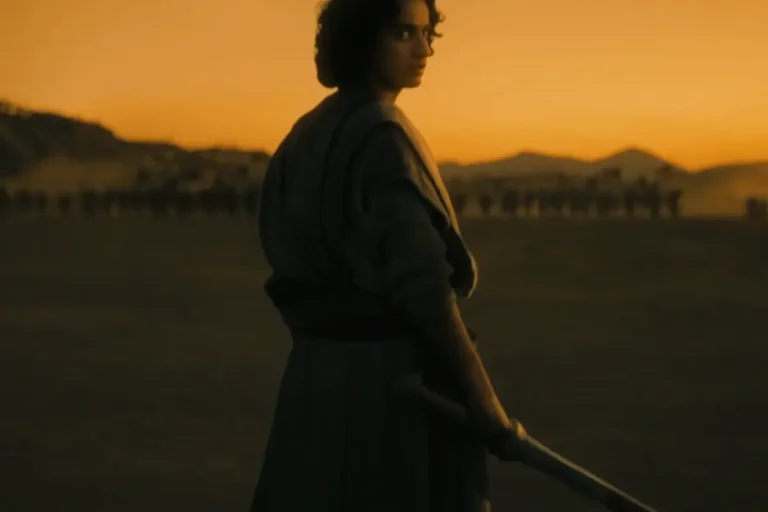Key Points:
- The Squid Game competition is an entertainment spectacle for the elite.
- It critiques societal inequalities and the struggles of the lower socioeconomic class.
- The games are orchestrated by a secretive organization led by Il-nam.
- The competition also serves as a psychological experiment on human desperation.
Squid Game is much more than a high-stakes survival competition. Beneath the life-or-death games lies a chilling commentary on modern society, highlighting the brutal realities of capitalism, class disparity, and human desperation. The competition’s deadly purpose and its shadowy orchestrators are what make the show both thrilling and thought-provoking.
Who is Really Running the Deadly Squid Game Competition?

At the heart of Squid Game is a mysterious organization that orchestrates the brutal games, led by none other than Il-nam, the old man who was a contestant himself. Il-nam reveals that the games were created as a form of entertainment for the super-rich, who have grown bored with their wealth and crave new forms of thrill. The rich elite, referred to as the VIPs, watch the contestants struggle to survive, treating their lives as mere pawns in a game of wealth and power.
These VIPs are wealthy individuals from across the world who place bets on the lives of the contestants, making the competition a twisted form of entertainment. Il-nam admits that these games were inspired by a belief that both the rich and poor experience suffering, but the rich seek amusement in increasingly extreme ways. This adds a macabre layer to the game’s purpose: it’s not just about survival—it’s a spectacle for the elite.
The Games as a Psychological Experiment

Beyond entertainment, the games also serve as a form of psychological experimentation. Contestants are pushed to their physical and mental limits, revealing the darker sides of human nature. The show explores how individuals respond to life-or-death situations, often forcing them to choose between survival and morality.
Throughout the series, viewers see contestants forming alliances, betraying each other, and making ethically complex decisions, all under the watchful eyes of the game’s creators. This aspect of the show raises critical questions about human nature: How far will people go when their survival is at stake? What do these extreme situations reveal about human morality and ethics?
The results of this “experiment” are disturbing. The contestants are reduced to their most primal instincts, revealing that in the face of death, societal norms and values can quickly dissolve. The games are not just about winning the prize—they are about testing the limits of human endurance and morality.
READ MORE: Tom Hanks’ Here: What to Expect from His Latest Collaboration with Robert Zemeckis
What Inspired the Creator of Squid Game to Use Children’s Games in the Show?

Hwang Dong-hyuk, the creator of Squid Game, chose to use children’s games from his own childhood for the life-or-death sequences in the show to convey deeper societal messages. In an interview with The Hollywood Reporter via Geo News, Hwang explained,
“I wanted to make this show for people to realize that the world is unfair, and ask themselves why and where we can start to make changes.”
His goal wasn’t to criticize capitalism directly but to raise important questions about fairness in the system.
As he admitted, “The reason I created the show was to convey this message, but at the same time, I also wanted to be successful; I wanted to make money.”
Hwang further acknowledged that using childhood games added a nostalgic yet ironic contrast to the show’s darker themes.
“There has been a lot of investment put into this show, and the reason is to make money out of it. So, in a competitive and capitalistic world, I think these businesses happening is just natural.”
By combining innocent games with brutal stakes, Squid Game reflects the harsh realities of a competitive, capitalist society, which was central to his vision.
READ MORE: Small Things Like These: All You Need to Know About the 2024 Film
What Childhood Games Did Hwang Dong-hyuk Play That Inspired Squid Game?

According to Marie Claire, Hwang Dong-hyuk drew direct inspiration from childhood games he played while growing up in South Korea. These games not only evoke nostalgia but also serve as powerful metaphors for the competitive nature of modern society.
- Squid Game: This physically aggressive game involves two teams—attackers and defenders—trying to reach a designated area on a squid-shaped diagram drawn in the sand.
- Red Light, Green Light: Known in Korea as “Mugunghwa flower has blossomed,” this game requires players to move only when a designated person isn’t looking. Hwang reimagined this childhood game with deadly consequences, contrasting its innocent origins with the high stakes of Squid Game.
- Dalgona (Honeycomb Candy): In this challenge, players must cut shapes out of honeycomb candy without breaking it. Hwang used the same technique as a child, giving the game a personal touch and adding intensity to the challenge.
- Tug of War: This traditional game, often played during festivals in Korea, emphasizes teamwork and strategy. Hwang raised the stakes by turning this common festival game into a life-or-death battle in Squid Game.
- Ddakji: A paper tile-flipping game that Hwang incorporated as a recruitment tool for the series. It highlights the playful yet tense nature of childhood games, aligning with the show’s themes of survival and competition.
READ MORE: Why Did Te Fiti Turn Into Te Ka in Moana?
By using these childhood games, Hwang wanted viewers to feel a sense of familiarity while creating a stark contrast between the innocence of childhood and the brutal realities of life.
The games, orchestrated by a shadowy organization led by Il-nam, highlight the extreme disparities in wealth and power. Through the lens of competition, the show critiques capitalism explores human nature, and exposes the psychological toll of survival at any cost.
Sources: ScreenRant
Stay updated with the Latest News and Stories, follow us on our social media platforms.
You can follow us on:
Stay Connected!! Join our Whatsapp Channel















